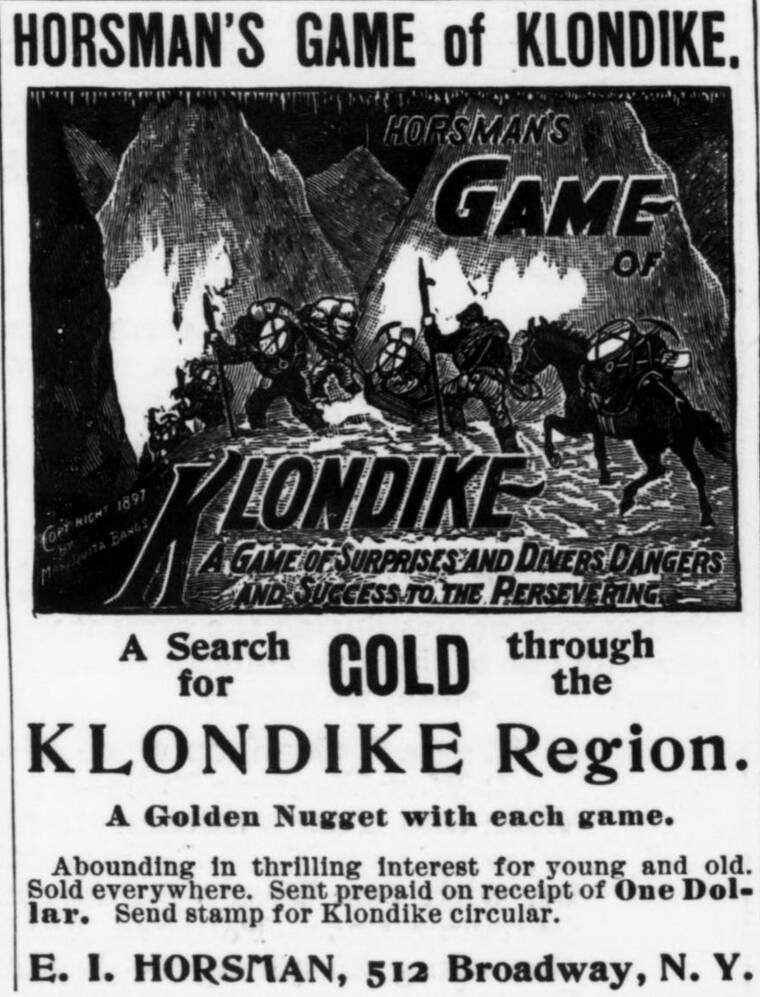Solitaire - as the game is most-commonly known today - has has many titles over the years, and is infact still known as Patience in most English speaking countries outside America.
Patience, Pasians, Patiens, Pasziansz, Patienser, Pasianssi (1788)
The 1788 edition of the German book Das Neue Königliche l’Hombre is the first place we see the name Patience used. It is also believed to be the first book to offer a detailed description of the game, although it differs somewhat from the modern version.
The first known use of the Patience name in print was 1793 in England, and 1811 in France.
Patience remained the only meaningfully used name for the game for near a century, and generally remains the preferred term in most of the English-speaking world, although the introduction of Microsoft’s wildly popular Solitaire game in 1990 added that name to the lexicon of former, Patience-only countries.
Kabal(e), Cabal(e), Kabbalah (1700s)
It is hypothesized that Solitaire and Patience evolved from similar fortune-telling layout “games”, which were popular in eastern Europe in the 18th century.
These “games” were known in various European countries as Kabbalah, Kabal etc., and the names appear to have initially been applied to the non-fortune telling varieties of the game in many such places, including several Nordic countries.
The root origin for these words is very likely the Hebrew word Kabbalah, which refers to a particular variety of Jewish mysticism that emerged in the 12th century.
Solitaire (1848)
The first definitive reference to the game under the name Solitaire comes from a US Congressman, who - during discussion on presidential candidates for the presidential election - made the following remarks:
The result reminds me of one of those games at cards which is called “Solitaire,” in which you know a man plays against himself. Did you ever see a man sit down to play that game who did not cheat himself?
John M. Clayton, U.S. Senator from Delaware, July 5, 18481
It seems clear from the usage that the game was already well known by that name at the time.
Klondike (c.1907)
Klondike is a town in Canadian Yukon, famous for a Gold rush that began in 1896. It is the transliteration of the Hän word Tr’ondëk, which means “hammerstone water”.2
The word quickly became synonymous with wealth and fortune, and seems to be have been applied to a gambling version of Solitaire soon thereafter, although there are theories that it is actually a corruption of the Dutch “Klein Driehoek” (Small triangle).
The gambling version is reported to have been popular briefly in a few New York gambling resorts around 1905 under the name of Klondike, but the voracity of this is difficult to verify, as there was a dice game by the name of Klondike that was played in the same establishments at around the same time:
When the police jumped in through the window they found about fifty men in the place, some of whom, the police said, were playing Klondike, while others were waiting for the returns from the races. Six were arrested, and the others were released.
The New York Times, August 3, 1904 3
This report is very likely of the Klondike dice game - see our Solitaire and Gambling article for more detail.
The first appearance in print, appears to be in the 1907 edition of Hoyle’s Games, Autograph Edition. In it, two games are described: Klondike, and Seven-Card Klondike; the latter of which reflects the modern game.4
Earlier references to a Klondike game exist around 1897, but these probably refer to a board game released around that time:

Klondike game advertisement appearing in numerous periodicals in 1897
Canfield (1908)
The name Canfield was applied in 1908 by Harris Brisbane Dick to the game which was described the prior year by Hoyle4 as Seven-Card Klondike (and what is now just considered Solitaire), but later came to be used for what was traditionally called Demon, Demon Patience, and Fascination. Dick also attempted to copyright the name for the game.5
He almost certainly named it after Richard Canfield, famed operator of gambling houses in and around New York in the preceding years. A popular legend developed in the following decades, whereby the game was invented by Canfield himself, and was played extensively at his establishments, although there is little to no evidence of this being true.
-
Proceedings and debates of the United States Senate. First session - Thirtieth Congress
https://archive.org/details/proceedingsdebat00unitrich/page/825 ↩︎ -
Hoyle, Edmond (1907), Hoyle’s games, New York, The McClure company
https://archive.org/details/hoylesgames02hoyl ↩︎ ↩︎ -
Dick, Harris B. (1908), Dick’s Games of Patience or Solitaire, New York, Dick & Fitzgerald
Bibliography entry ↩︎
